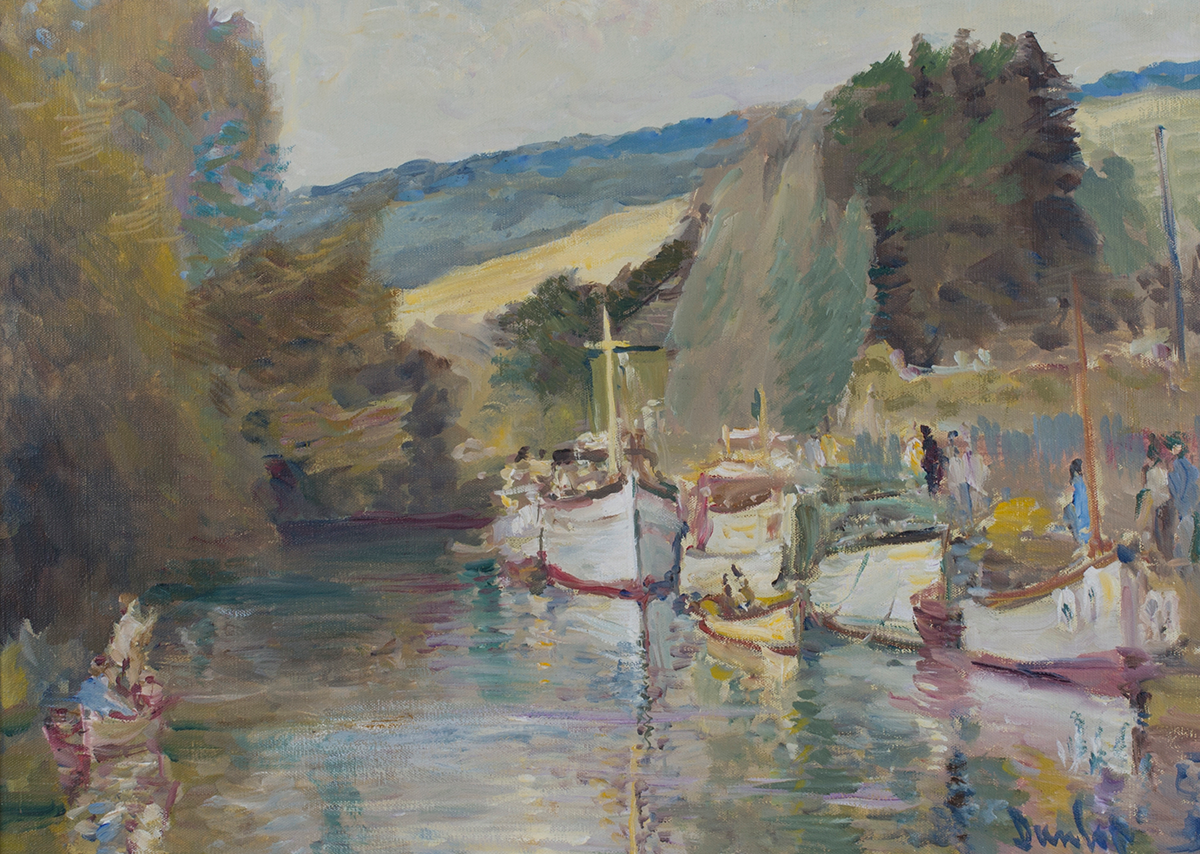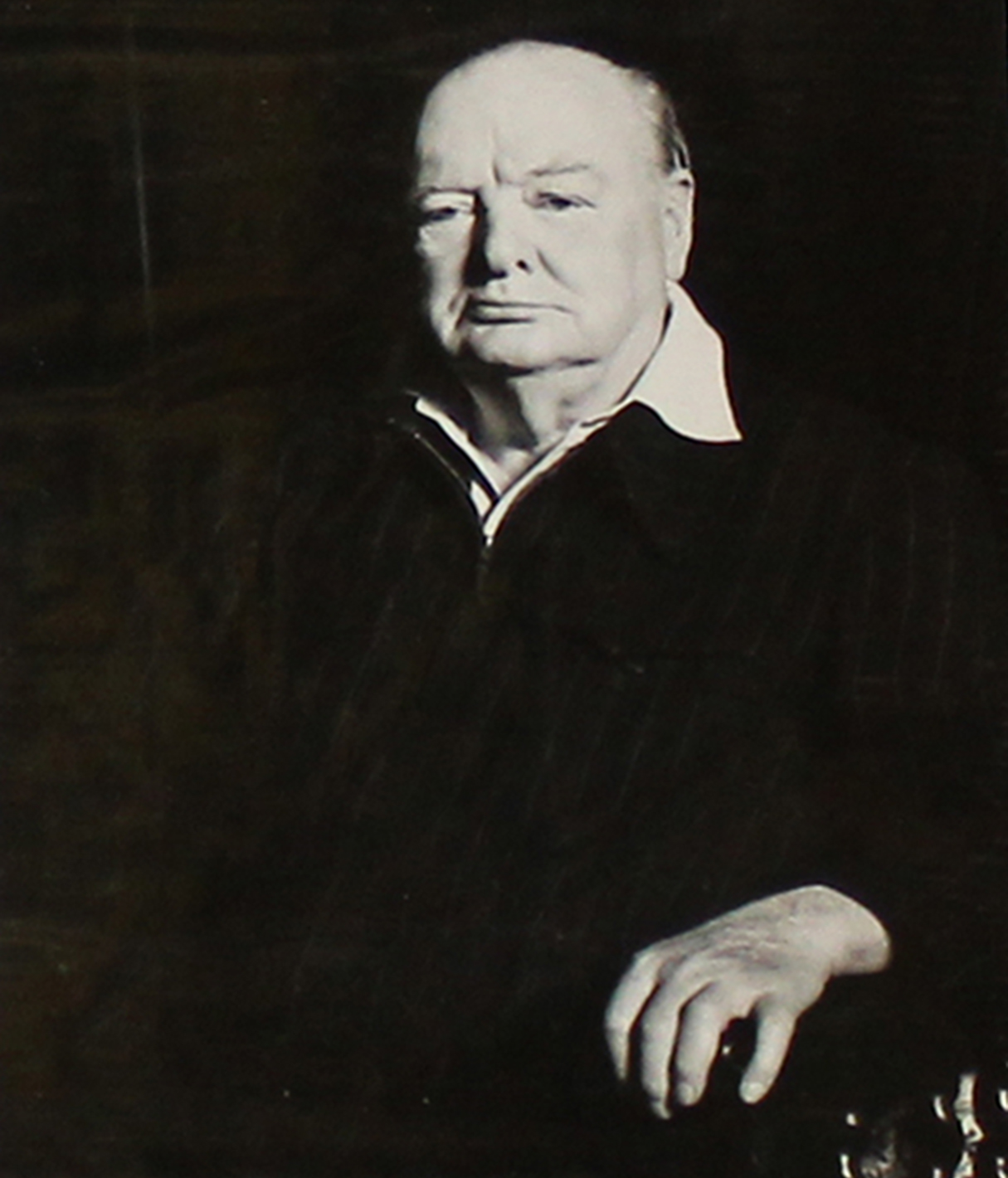
There are moments in the procession of the our long island history which in their re-telling have become the stuff of legend and which define the character of our island people. They have inspired our writers, artists and leaders.
It was Shakespeare in Richard II who, alluding to the Divine Right of Kings and England as an earthly paradise, gave these dying words to John Gaunt, The Duke of Lancaster…
“This royal throne of kings, this sceptred isle,
This earth of majesty, this seat of Mars.
This blessed plot, this earth, this realm, this England.”
It was King Alfred the Great who first to commissioned and personally translated many of the world’s great Christian and classical texts from Latin into Old English more than half a millennium before the Reformation. He hid from the Viking hoards in the marshes of Athelney in Somerset and emerged to defeat their armies. |His actions have become part of our nation’s folklore and the stuff of legend.
As the 80th Anniversary of the D-day landings approaches I have been reflecting on another moment in our nation’s history when we stood alone in the face of almost certain invasion and defeat. Our army of some 338,000 men were surrounded by Hitler’s forces and under constant attack on the beaches at Dunkirk. Vice Admiral Sir Bertram Ramsay had formulated and begun planning the evacuation of The British Expeditionary Force on the 20th May 1940 assembling a flotilla of more than 800 civilian pleasure craft to be sent across the channel. He called it Operation Dynamo. The boats sailed from Ramsgate on the 26th May 1940 rescuing almost all of our soldiers. They became known as the Dunkirk Little Ships. It was the stuff of legends. Ramsay would be made Commander in Chief of the Allied Naval Forces for Operation Neptune, the naval part of Operation Overlord – the D-day landings.

Speaking to the House of Commons on 4th June Winston Churchill invoked our long island history and said ‘…we shall fight on the seas and oceans, we shall fight with growing confidence and growing strength in the air, we shall defend our Island, whatever the cost may be, we shall fight on the beaches, we shall fight on the landing grounds, we shall fight in the fields and in the streets, we shall fight in the hills; we shall never surrender…’ The Battle of France was ending the Battle of Britain was about to begin.